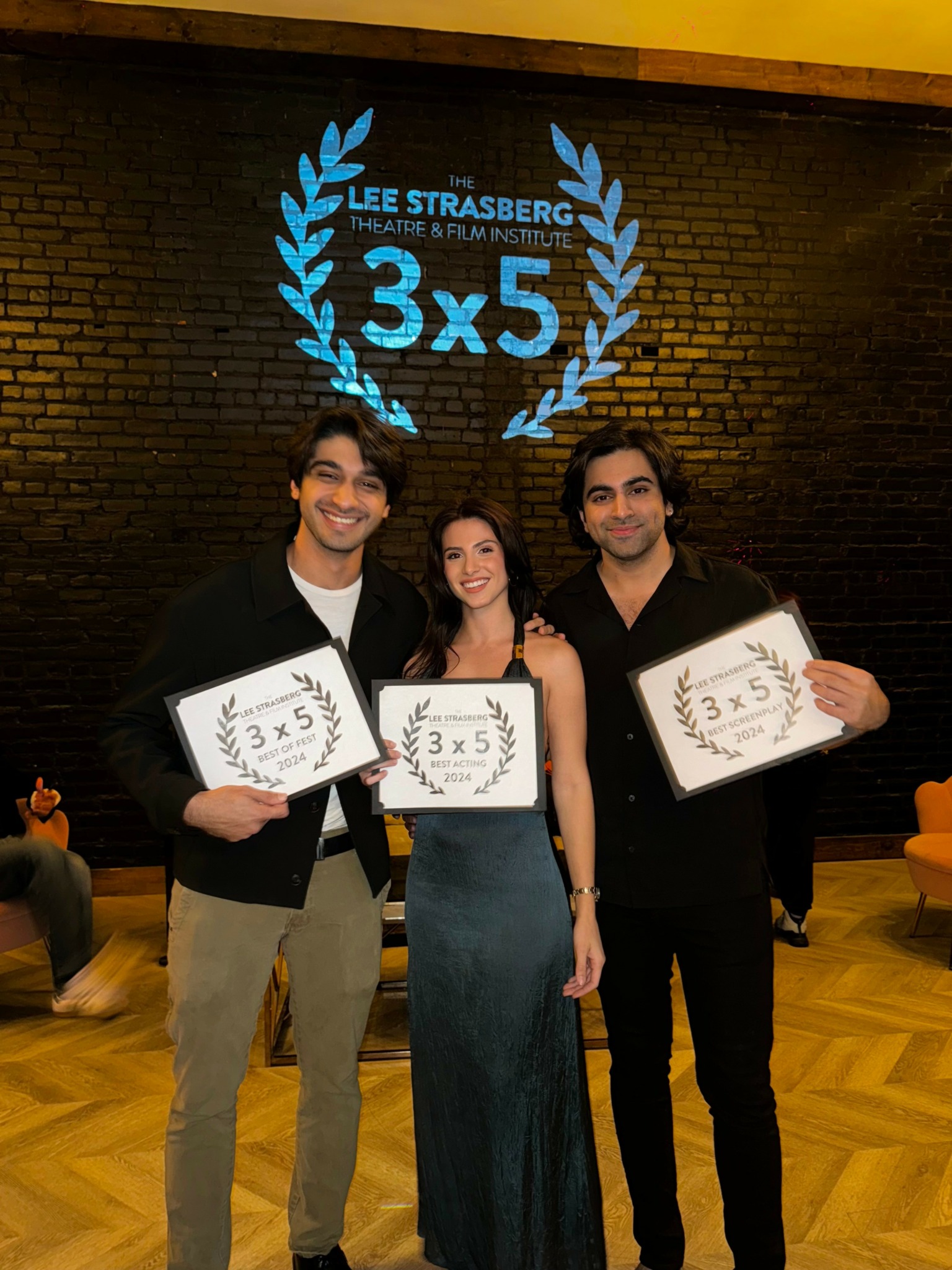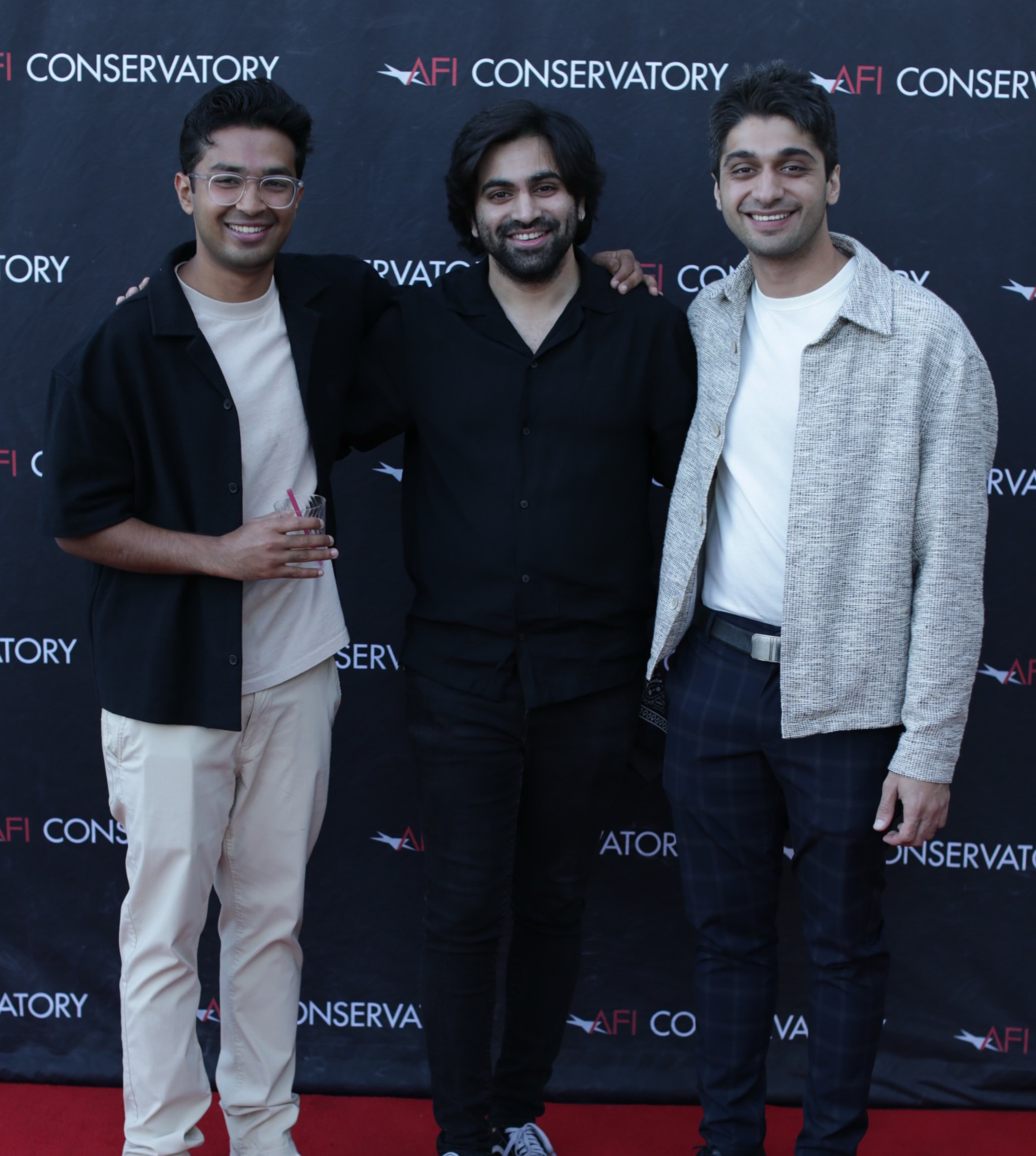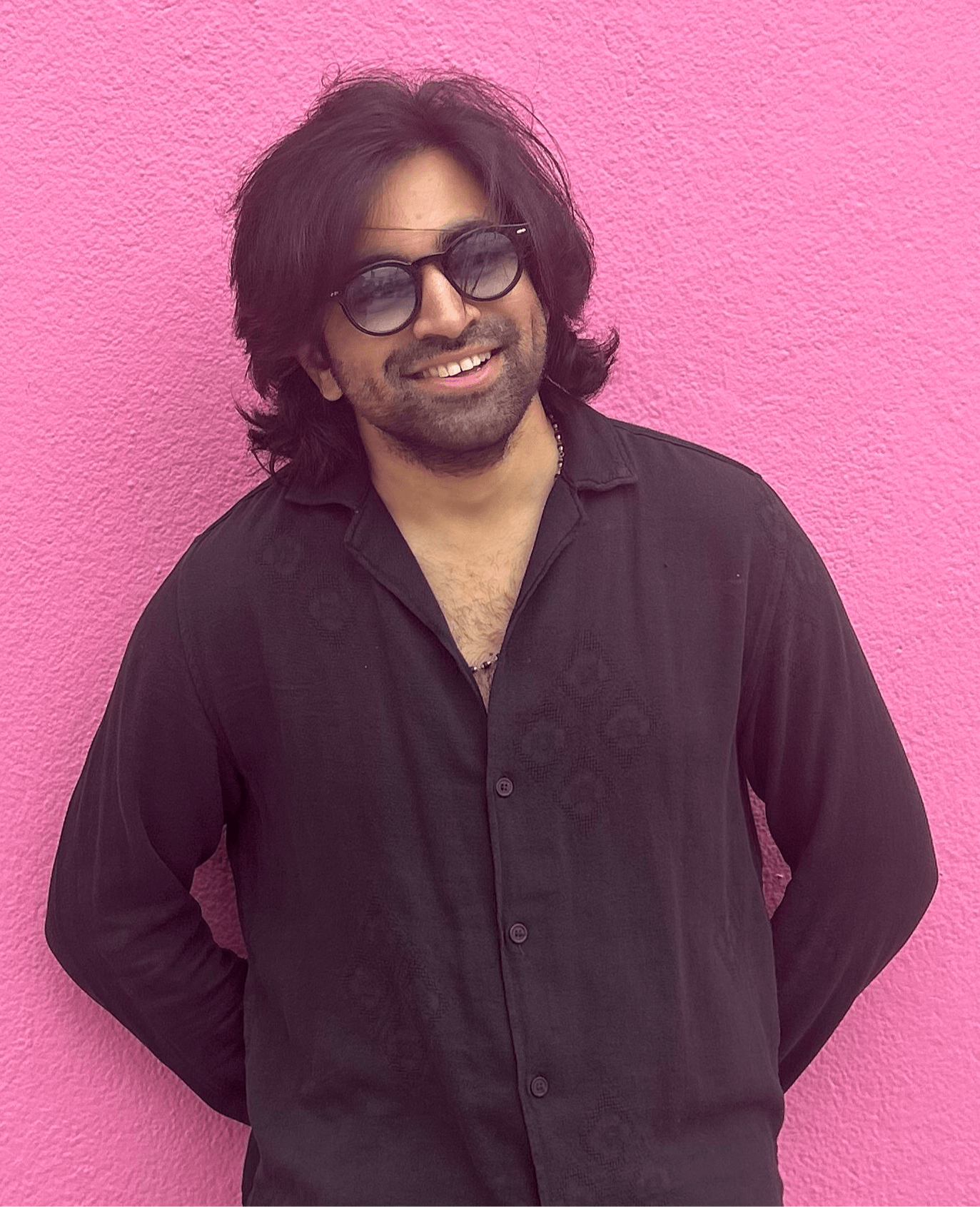We recently connected with Kranthi Nag and have shared our conversation below.
Kranthi, thanks for taking the time to share your stories with us today We’d love to hear about when you first realized that you wanted to pursue a creative path professionally.
I think the moment I knew — really knew — that I wanted to pursue acting professionally wasn’t a single lightning bolt, but a slow, steady recognition that this was always the path. I grew up surrounded by film, not just watching it but watching it get made. My father was a film financier in the Telugu film industry, and both my parents were involved in the silver recovery process from film reels, back when cinema was still a physical thing — something handled, processed, preserved. I spent summers around sets and film labs, quietly absorbing the rhythm of it all. I didn’t think of it as ‘show business’ — it felt more like a language I already understood.
But if there was one defining moment, it was when I was 12 and booked my first role in Current (2009), a feature film produced by Annapurna Studios. Being on that set — surrounded by some of the biggest stars in Telugu cinema — could have been intimidating, but strangely, it wasn’t. It felt familiar. Natural. Like stepping into something that had always been waiting. I wasn’t performing to impress anyone; I was just doing something that felt right in my bones.
That feeling never left. Years later, when I moved to Los Angeles and trained at The Lee Strasberg Theatre & Film Institute, it wasn’t about discovering acting — it was about refining it. The craft, the discipline, the emotional truth — it all gave structure to something I’d carried instinctively for years.
Looking back, the decision didn’t feel like a risk — it felt like alignment. Like finally choosing the thing that had chosen me a long time ago.
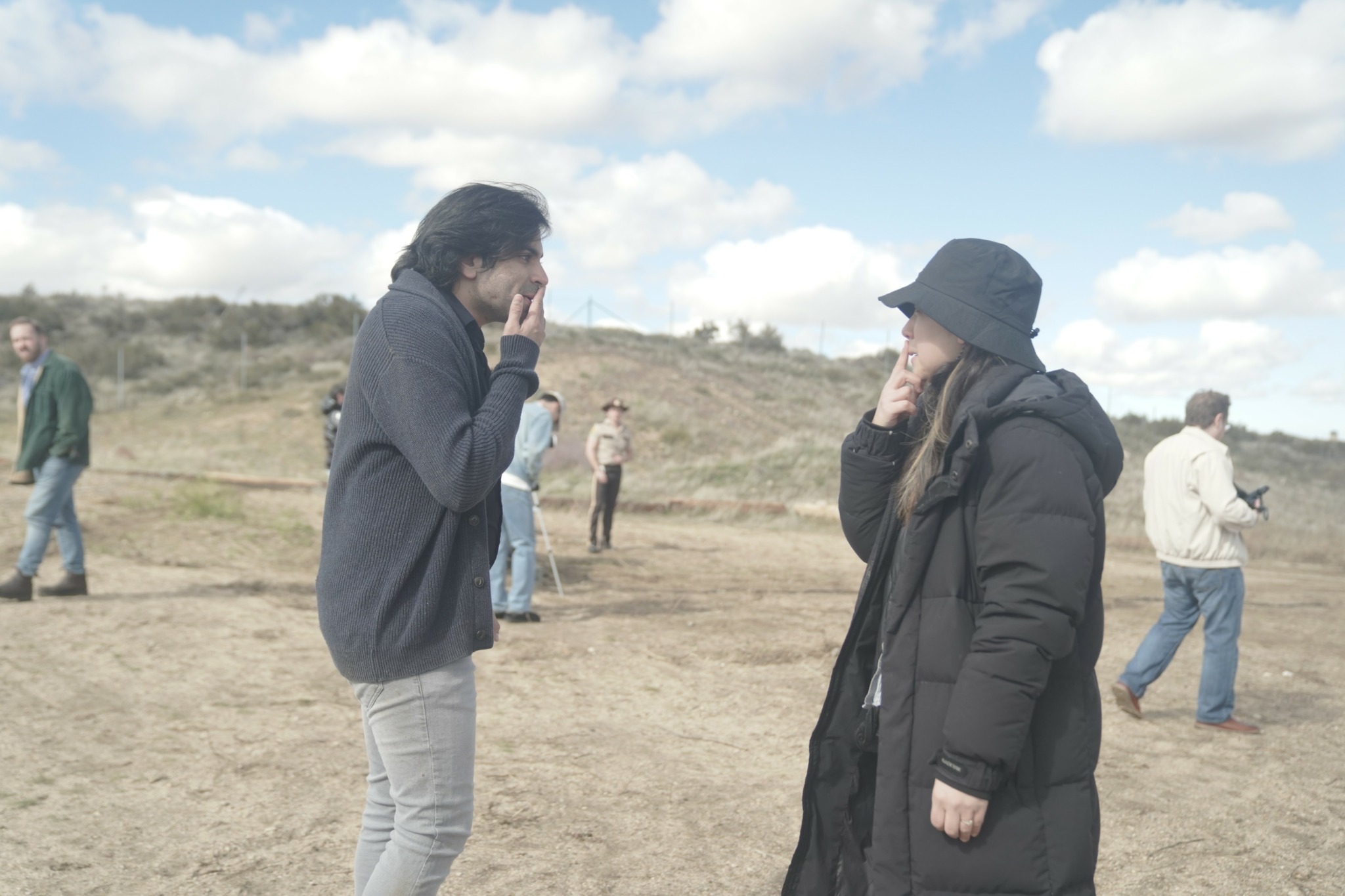
As always, we appreciate you sharing your insights and we’ve got a few more questions for you, but before we get to all of that can you take a minute to introduce yourself and give our readers some of your back background and context?
I’m Kranthi Nag, an actor based in Los Angeles, trained in method acting at The Lee Strasberg Theatre & Film Institute, Los Angeles. My relationship with cinema began long before I ever faced a lens — I come from a family that lived and worked behind the frame. My father was a film financier in the Telugu film industry, and both my parents were involved in the silver recovery of film reels back when cinema was still etched onto celluloid. I spent summers around sets and film labs, quietly absorbing the pulse of storytelling in its rawest form. It wasn’t about glamour — it was about process, about craft — and that early exposure gave me a sense of discipline and reverence that’s never left me.
At 12, I booked my first role in a Telugu feature film called Current (2009), produced by Annapurna Studios. Even then, I wasn’t playing at acting — I was stepping into something that felt instinctual. From there, it was never about “breaking in,” it was about refining what already felt innate. That’s what led me to Los Angeles — not just to train, but to deepen the work, to commit fully to the craft.
I’ve led films like ‘Comet Orphan’, which premiered at the Marché du Film at the Cannes Film Festival (2025), and ‘Chop Chop’, which won Best Acting, Best Screenplay, and Best of Fest at the 3×5 Film Festival in Los Angeles. I also starred in ‘The Cocktail Party’, a fast-paced, witty drama that was a semi-finalist at the Indie Short Fest and won Best Student Film at the International Independent Film Awards. Alongside these, I’ve worked in vertical-format series that have built strong followings and earned high IMDb ratings.
While the milestones — from Cannes to festival wins — mean something, what I value most is the clarity I’ve carried all the way through. Every project I’ve taken on has had intention behind it. I’m not chasing moments; I’m building a body of work. One that’s meant to last.
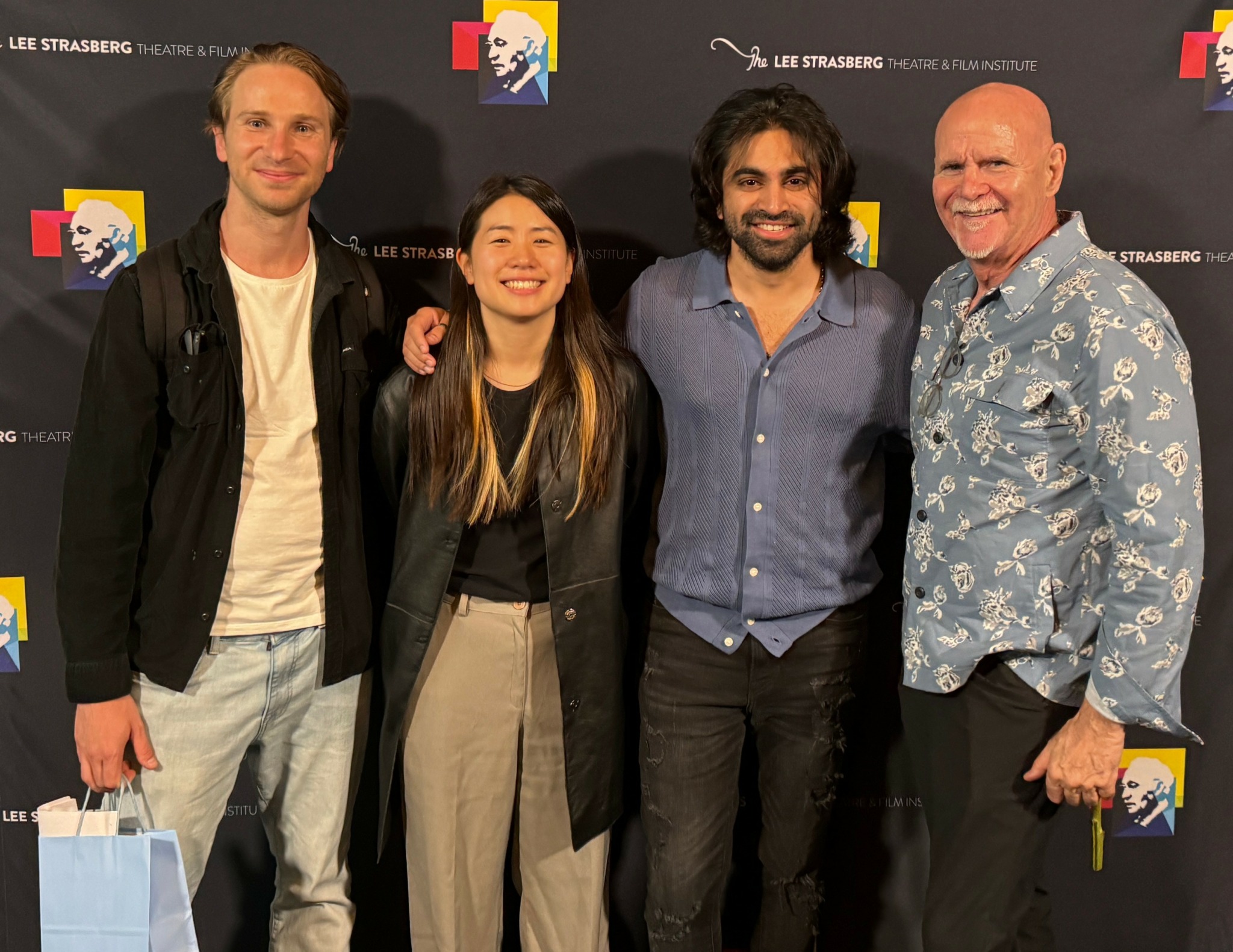
Let’s talk about resilience next – do you have a story you can share with us?
There’s a kind of resilience that doesn’t always come from hardship — sometimes, it comes from patience. For me, it was about not rushing the moment, even when the world around me seemed to demand urgency. After acting in a feature film at 12 (Current, 2009), I didn’t try to ride a wave or chase the spotlight. Instead, I went back to observing — studying the mechanics of storytelling, watching how a set breathes, how a performance lands.
Moving to Los Angeles was a decision made with intention, not desperation. I trained rigorously at The Lee Strasberg Theatre & Film Institute, where I was honored to receive the LA Artist Grant — the highest scholarship awarded by the school. Not only was it an incredible recognition, but it deepened my sense of responsibility toward the craft and reminded me to keep leading with discipline, not distraction.
And when the opportunity came to be the principal cast of a film like ‘Comet Orphan’, and to see it premiere at the Marché du Film at Cannes 2025 — it wasn’t a fluke. It was a moment earned through years of consistency, of saying no when it didn’t feel right, and trusting that the right work would come.
Resilience, for me, isn’t about bouncing back from a fall. It’s about standing still when everything tells you to move. Holding your ground. Letting your work speak before your voice does. And believing that substance always finds its spotlight — even if it takes time.
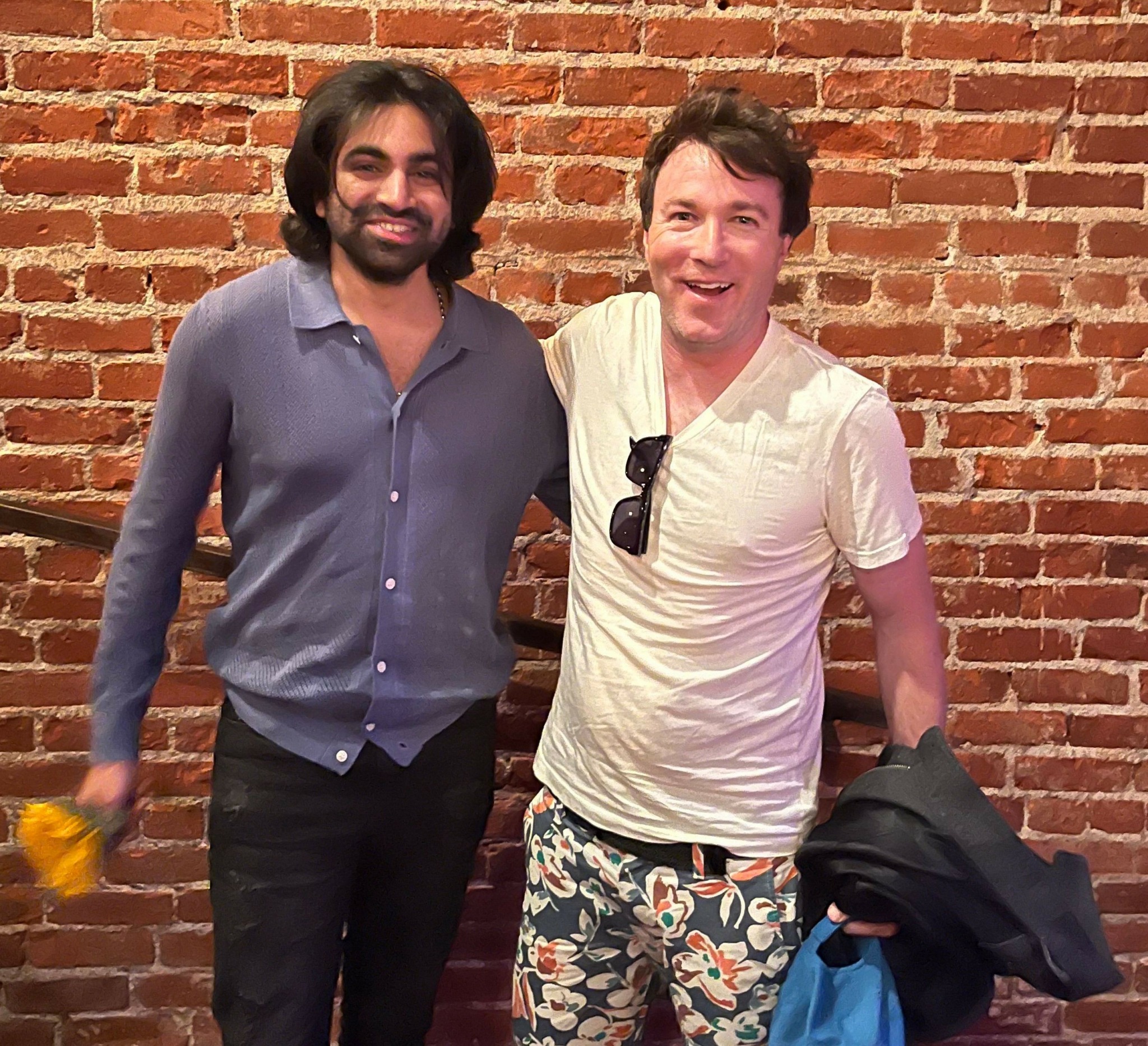
Is there mission driving your creative journey?
The mission, if I had to name it, is to leave something behind — something that lingers. A look. A silence. A performance that doesn’t ask for your attention but earns it with presence. I’ve never been interested in noise for the sake of visibility. I’ve always been drawn to the kind of work that unfolds slowly and stays with you.
I grew up around film not as fantasy, but as process — watching it take shape in dark rooms, quiet sets, and long days that demand focus. That kind of beginning gives you a certain respect for the craft. It teaches you not to chase everything, just the things that matter.
So I don’t measure success in volume. I measure it in impact. If a role challenges me, sharpens my instincts, and leaves the audience thinking — then it’s worth everything. That’s the space I want to keep creating in. And if the work speaks, I won’t need to say much else.
Contact Info:
- Website: https://www.kranthinag.com
- Other: IBDb: https://www.imdb.com/name/nm16442591/
